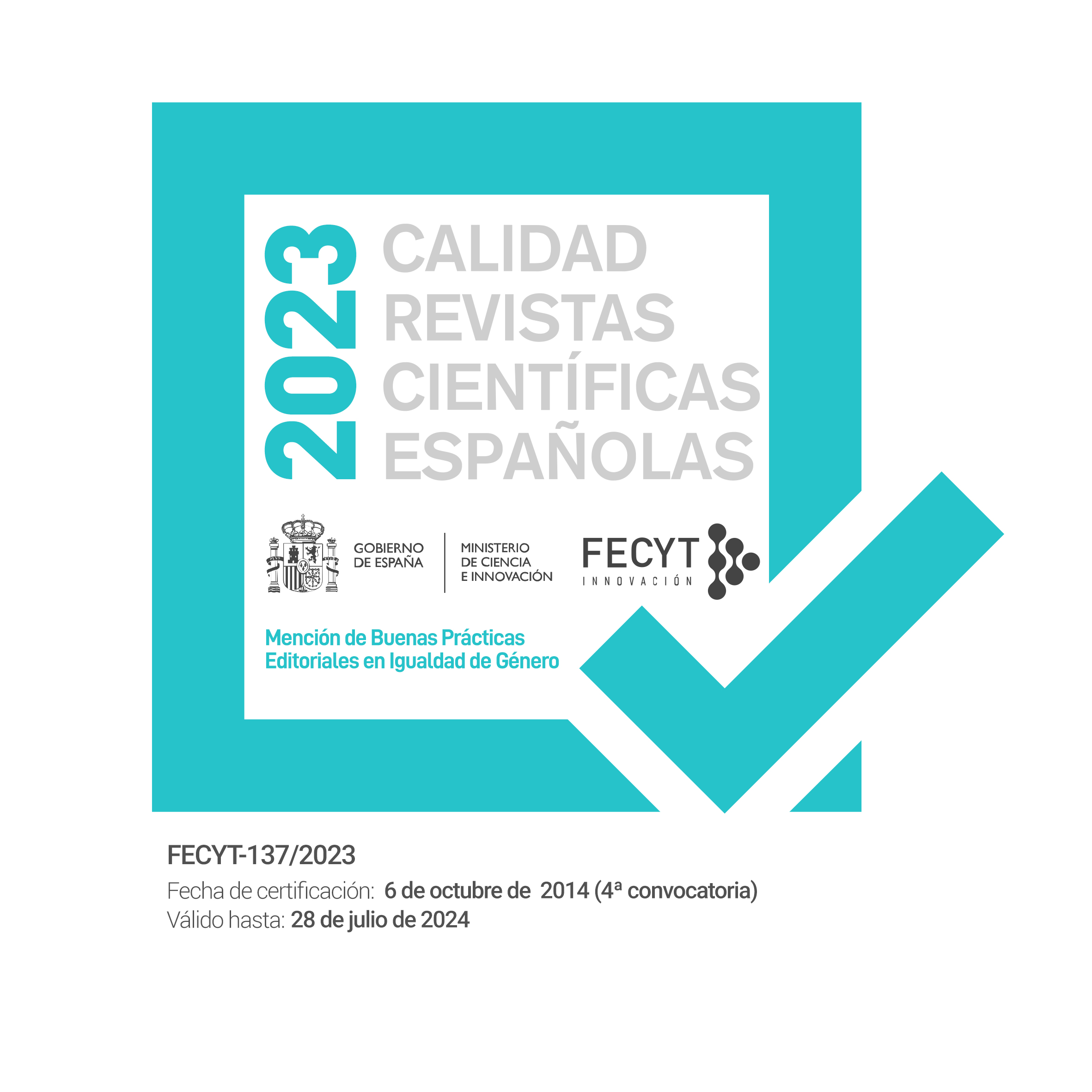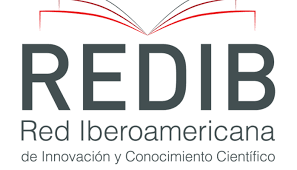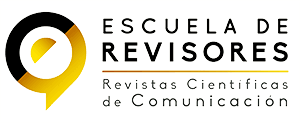Beliefs, post-truth and politics
DOI:
https://doi.org/10.31921/doxacom.n27a20Keywords:
Beliefs, cognitive dissonance, post-truth, political discourseAbstract
This text presents the preliminary ideas of an investigation in progress related to the influence of personal beliefs in shaping public opinion and its relationship to politics within contexts dominated by post-truth. The political events of 2016 (Brexit and the victory of Donald Trump) have demonstrated the vulnerability of our democracies with regard to biased and malicious political communications. The post-truth era has revealed the ability of passionate political discourse (based on pathos) to ravage rational political speech (based on logos).
Downloads
References
Bernays, E. (2010 -1928-). Propaganda. Barcelona: Melusina.
Bharat, K. (27-04-2017). How to Detect Fake News in Real-Time. NewCo. Disponible en: https://shift.newco.co/how-to-detect-fake-news-in-real-time-9fdae0197bfd
Crines, A. (06-2016): “The rethoric of the EU referendum campaign”. Referendum Analysis: http://www.referendumanalysis.eu/eu-referendum-analysis-2016/section-5-campaign-and-political-communication/the-rhetoric-of-the-eu-referendum-campaign/ (30-11-2017).
Davies, W. (24-08-2016): “The Age of Post-Truth Politics”. The New York Times: https://www.nytimes.com/2016/08/24/opinion/campaign-stops/the-age-of-post-truth-politics.html?_r=0 (15-05-2017).
European Commision (2018). Fake News and Disinformation online. Flash Eurobarometer, 464, abril. Disponible en: http://ec.europe.es/commfrontoffice/publicopinion
Festinger, L., Riecken, H. & Schacter, S. (1956): When Prophecy Fails. Minneapolis, Estados Unidos: University of Minnesota.
Financial Times (2016). Brexit poll tracker. Finnancial Times, 23-06-2016. Disponible en: https://ig.ft.com/sites/brexit-polling/
Gessen, M. (13-12-2016): “The Putin Paradigm”. The New York Review of Books: http://www.nybooks.com/daily/2016/12/13/putin-paradigm-how-trump-will-rule/ (15-05-2017).
Glencross, A. (2016): Why the UK Voted for Brexit. London: Palgrave Macmillan. doi: https://doi.org/10.1057/978-1-137-59001-5
IPSOS MORI (2016). EU Referendum. IPSOS MORI: Disponible en: https://es.slideshare.net/IpsosMORI/european-union-the-perils-of-perception
IPSOS MORI (2016). Perceptions are not reality: what the world gets wrong. IPSOS MORI. Disponible en: https://www.ipsos.com/ipsos-mori/en-uk/perceptions-are-not-reality-what-world-gets-wrong
La Nación (31-10-2017): “Las noticias falsas rusas en Facebook llegaron a 126 millones de estadounidenses”. La Nación: http://www.lanacion.com.ar/2077863-las-noticias-falsas-rusas-en-facebook-llegaron-a-126-millones-de-estadounidenses (30-11-2017).
Lasswell, H. (1935). “The Person: Subject and Object of Propaganda”. The Annals of the American Academy of Political and Social Science, v. 179(1), 187-193.
Leonard, M. (2017): “The ilusion of Freedom in the Digital Age”. Project Syndicate: https://www.project-syndicate.org/commentary/technology-big-data-dystopia-by-mark-leonard-2017-11 (03-11-2017).
Lippmann, W. (2011 -1920-). Libertad y prensa. Madrid: Tecnos.
Lippmann, W. (2003 -1922-). La opinión pública. Madrid: Langre.
Marcus, R. (01-12-2016): Welcome to the post-truth presidency. The Washington Post: https://www.washingtonpost.com/opinions/welcome-to-the-post-truth-presidency/2016/12/02/baaf630a-b8cd-11e6-b994-f45a208f7a73_story.html?utm_term=.b3f1331e4d3d (15-05- 2017).
Ortega y Gasset, J. (2004 -1914-). Meditaciones del Quijote. En Obras completas (vol. 1, pp. 747-823). Madrid: Taurus / Fundacióin José Ortega y Gasset.
Oxford Dictionary. (2016, noviembre 16). Post-Truth. https://www.oxforddictionaries.com/press/news/2016/12/11/WOTY-16 (09-05-2017).
Real Clear Politics (2016). General Election: Trump vs. Clinton, 08-11-2016. Disponible en: http://www.realclearpolitics.com/epolls/2016/president/us/general_election_trump_vs_clinton-5491.html#polls
Remnick, D. (-02-09-2016): “Introducing a New Series: Trump and the Truth”. The New Yorker: http://www.newyorker.com/news/news-desk/introducing-a-new-series-trump-and-the-truth (09-05-2017).
The Economist (10-09-2016): “Art of the lie”. http://www.economist.com/news/leaders/21706525-politicians-have-always-lied-does-it-matter-if-they-leave-truth-behind-entirely-art?fsrc=scn/tw/te/pe/ed/artofthelie (15-05-2017).
Thomson, J. B. (1998 -1997-). Los medios y la modernidad. Una teoría de los medios de comunicación. Barcelona: Paidós.
Westbrook, R. B. (1991). John Dewey and American Democracy. Ithaca: Nueva York.
Published
How to Cite
Issue
Section
License

This work is licensed under a Creative Commons Attribution-NonCommercial 4.0 International License.


























